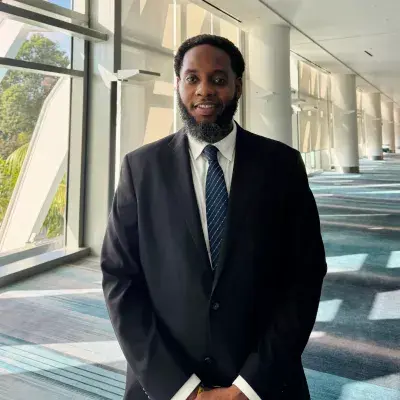In 2013, two organizations joined forces to produce the Green Venue Report, a comprehensive industry study examining the sustainability standards practiced by convention venues in the U.S. and Canada.
Greenview was founded in 2008. The company’s mission is to advance sustainability standards in the hospitality, meetings & events, travel, and tourism sectors, in part, by enhancing reporting and data assessment methods.
Twirl Management, a certified B Corp*, is an innovative event planning firm committed to the design and production of creative events that honor the well-being of both human and environmental resources.
Together, Greenview and Twirl developed the Green Venue Survey, comprised of 108 questions pertaining to venue space, events, energy, waste, water and communications. During the first phase, respondents answered performance data questions based upon 2012 data. Practice data answers were derived from “currently implemented practices as of the date of surveying (November 2013).”
Due to the fact that few venues had staff qualified to provide answers to the broad range of topics addressed in the survey, only 16 convention centers participated in the initial study:
Austin Convention Center, Austin, Texas
Colorado Convention Center, Denver, Colo.
Jacob K. Javits Center, New York, N.Y.
Las Vegas Convention & Visitors Authority, Las Vegas, Nev.
Metro Toronto Convention Centre, Toronto, Ontario Canada
Music City Center, Nashville, Tenn.
Orange County Convention Center, Orlando, Fla.
Oregon Convention Center, Portland, Ore.
Palmer Events Center, Austin, Texas
Salt Palace Convention Center, Salt Lake City, Utah
Sands Expo and Convention Center, Las Vegas, Nev.
Shaw Conference Centre, Edmonton, Alberta, Canada
The Moscone Center, San Francisco, Calif.
Vancouver Convention Centre, Vancouver, B.C., Canada
Virginia Beach Convention Center, Virginia Beach, Va.
Walter E. Washington Convention Center, Washington, D.C.
The survey attempted to answer three, fundamental questions:
- What are the individual and collective footprints (positive and negative) of events taking place within convention centers?
- What are the best practices in the industry that more convention centers (and their event organizer clients) can benefit from?
- What innovative efforts by convention centers should be recognized and celebrated?
The research resulted in a 45-page study issued on October 1, 2014. The “Green Venue Report 2014” states, “The unsubstantiated claim that the MICE industry is the second most wasteful industry after construction is often cited because no one knows how much waste the industry actually produces. It is our vision that as participation in the Green Venue Survey grows, the resulting data will present an opportunity to establish more informed and complete impact figures. … Perhaps more importantly, conducting the survey and publishing the report on an annual basis provides an opportunity to track progress and maintain an up-to-date reference on industry best practices for the benefit of all venues and event organizers.”
As part of the survey process, convention centers were also asked to provide their feedback about how event organizers and vendors can help facilitate their efforts toward sustainability.
Three prevailing responses were reported:
- Centers want more and better communication about sustainability questions and needs from planners and vendors. “Often the center is capable of providing services, but the discussion never occurs to bring the value of those services to life.”
- Centers would like to see a reduction in use of resources, as well as more efforts to recycle and reuse materials. “Elimination of foam core signage, which is typically not accepted by commercial recyclers, was a common wish among responding centers.”
- Centers desire more participation in “operations and best practices already in place within the center.” Examples cited include participation in established waste management programs, and observance of policies like keeping doors closed to separate air-conditioned from non-air-conditioned areas.
The 2014 Report is free to download and available in six languages: English, Chinese, Indonesian, Portuguese, Spanish and Thai. Visit http://www.greenvenuereport.com.
Organizers expanded the scope of questions for the 2015 Survey and worked to increase the number of participants. The survey process for this year is now closed, and the new report is scheduled for release in the fall of 2015.
Green Tip:
*Wondering about the definition of a “B Corp”? A benefit corporation is a legal designation for companies that have a positive impact on society and the environment. This corporate structure is offered in a limited number of states. A B Corp, however, is a private certification. Here is a great explanation offered by bcorporation.net:
B Corp is to business what Fair Trade certification is to coffee or USDA Organic certification is to milk.
B Corps are certified by the nonprofit B Lab to meet rigorous standards of social and environmental performance, accountability, and transparency.
Today, there is a growing community of more than 1,000 Certified B Corps from 33 countries and over 60 industries working together toward 1 unifying goal: to redefine success in business. http://www.bcorporation.net/what-are-b-corps





























